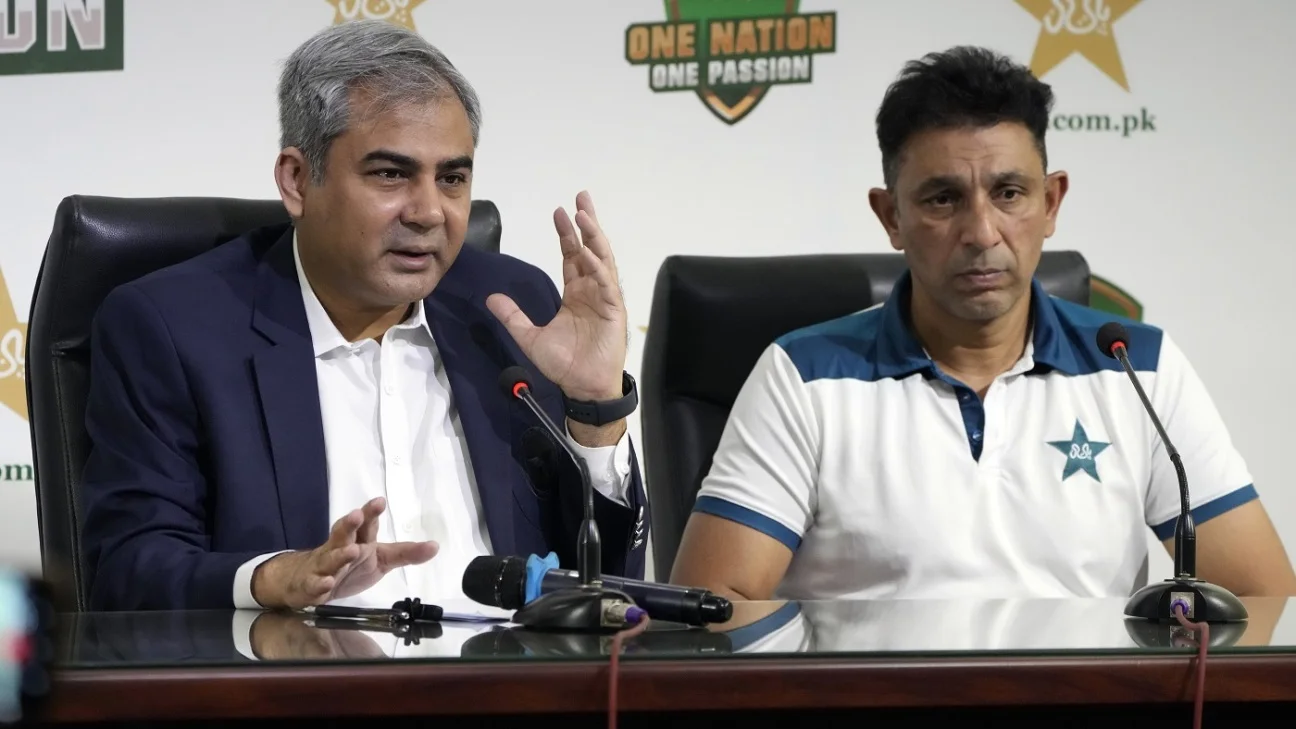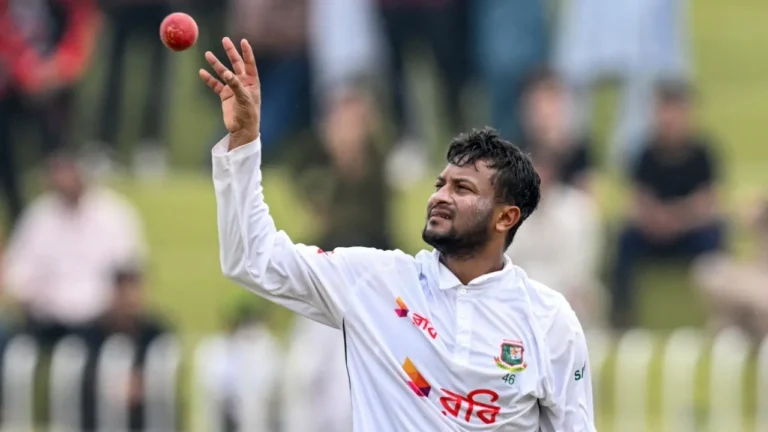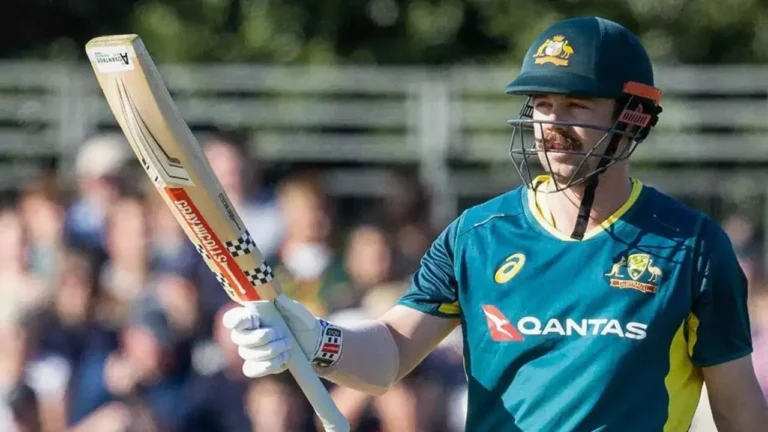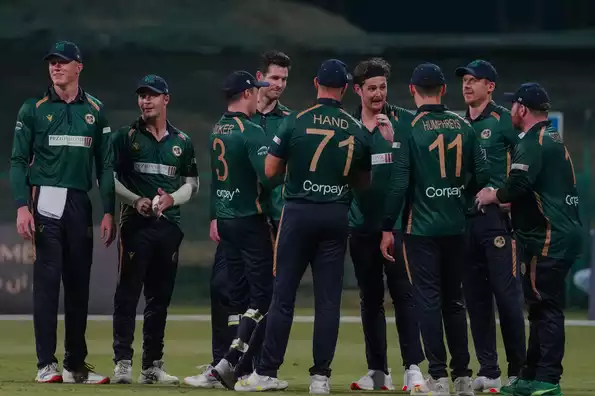To restore Pakistan cricket’s glory and caliber, the Pakistan Cricket Board (PCB) is preparing for an extensive evaluation of domestic and international cricket.
The assessment will commence with a “connection camp,” slated to occur in Lahore on September 23.
Important people, including PCB Chairman Mohsin Naqvi, head coaches Gary Kirsten and Jason Gillespie, and several centrally contracted cricket players, including international captains Babar Azam and Shan Masood, will be at the camp.
The camp’s primary goal is to start rebranding Pakistani cricket in all its forms, from local to international competitions.
The goal is to stop Pakistan’s international cricket performances from declining recently. The camp isn’t meant to deal with immediate problems, like captaincy changes or squad selections for upcoming series.
Instead, it is a component of a more extensive, comprehensive assessment that aims to reset Pakistan cricket’s culture permanently.
In private, PCB officials have compared this study to the one England conducted following their early withdrawal from the 2015 ODI World Cup.
Following their review, England made quick progress, rising to the top of the white-ball rankings and winning the 2019 ODI World Cup and the 2022 T20 World Cup.
Naqvi thinks the connecting camp is an essential first step; even though it needs to be clarified, the intention to accomplish this cultural reset is still unclear.
The objectives are to establish a cohesive vision for Pakistani cricket and bring the team into line with fan and worldwide cricket community expectations.
This camp is seen as a way to assess the perception of Pakistani cricket both domestically and internationally and to foster a feeling of unity among players, coaches, and administrators.
The PCB finds the analogy to England’s 2015 review compelling, given how quickly and successfully England’s cricket was changed.
Following their early World Cup elimination, England made rapid strides against New Zealand in the next series.
The caliber of Pakistan’s skill at home presents a severe obstacle. Following its reset, England had access to a large pool of gifted players known as their “white-ball golden generation.”
However, Naqvi recently admitted that there is a concerning lack of local talent in Pakistan, which might make a rapid turnaround more challenging.
The PCB has given its domestic one-day competition, which it has renamed the Champions One-Day Cup, a lot of attention to close this skill gap.
Just before Pakistan’s Test series against England, this competition will occur in Faisalabad from September 12 to September 29.
During this competition, the connection camp will take place on a rest day, allowing players to concentrate on the bigger picture of Pakistan cricket’s future.
Naqvi expressed optimism that the connection camp would offer an opportunity to restructure the board’s approach and that the tournament would aid in replenishing the talent pool.
The PCB is conscious of supporters’ doubts, who no longer have faith in the board’s guidance and leadership.
Although the camp seeks to close this gap, it is well acknowledged that better results in the global arena are the only way to restore trust genuinely. Until then, fans will remain skeptical of the PCB’s assurances.



